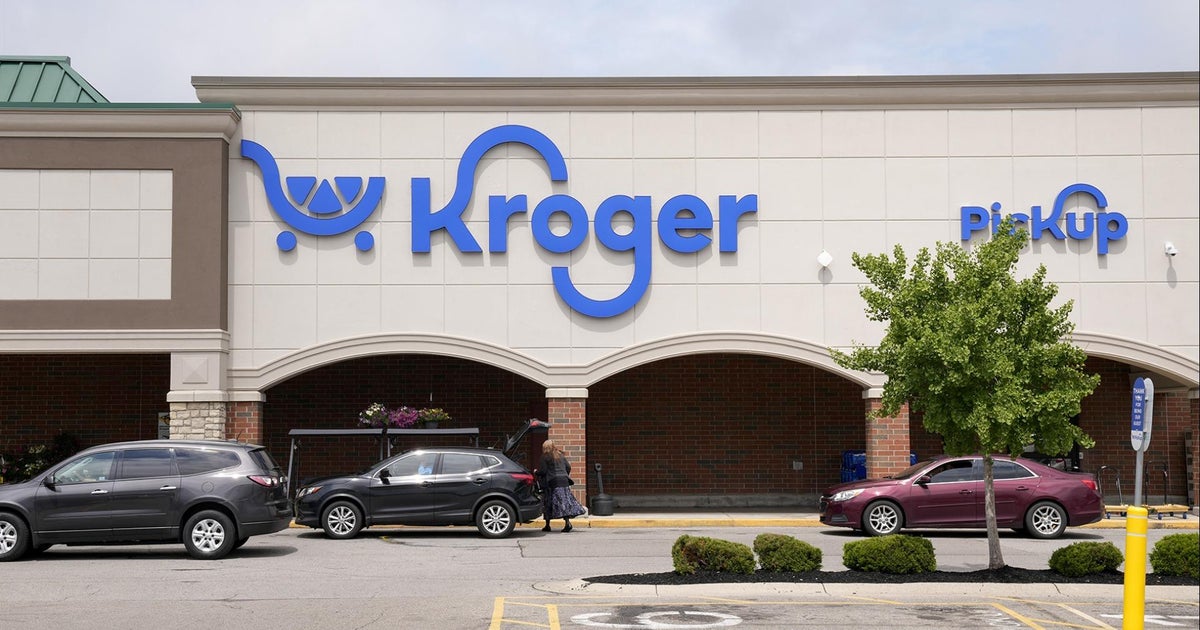In a landmark decision for the grocery industry, U.S. District Judge Adrienne Nelson halted a $24.6 billion merger between supermarket giants Kroger and Albertsons. The proposed deal, poised to become the largest grocery merger in U.S. history, faced strong opposition from regulators and consumer advocates who argued it would stifle competition, increase prices, and worsen conditions for workers.
Here's ads banner inside a post
FTC and Antitrust Concerns
The Federal Trade Commission (FTC), supported by various state attorneys general, spearheaded the effort to block the merger, citing significant antitrust concerns. According to the FTC, the consolidation would have reduced consumer choice, driven up grocery prices, and harmed the working conditions of thousands of unionized employees across both chains.
Judge Nelson agreed with these concerns, granting a preliminary injunction to halt the merger until federal regulators can conduct further antitrust reviews. “This order in no way forces the defendants to abandon the merger,” Nelson clarified. “It leaves open the possibility they may pursue the merger at a later date should it be deemed lawful in administrative proceedings.”
The ruling emphasizes the public interest in maintaining competitive markets. “Any harm Kroger and Albertsons might experience does not outweigh the strong public interest in enforcing antitrust laws,” Nelson wrote in her decision.
Here's ads banner inside a post
Protecting Consumers and Workers
The decision was hailed as a victory for consumers, workers, and smaller businesses. FTC spokesperson Douglas Farrar praised the ruling, stating, “This decision protects competition in the grocery market, which will prevent prices from rising even more. Strong, reality-based antitrust enforcement delivers real results for consumers, workers, and small businesses.”
Arizona Attorney General Kris Mayes, one of the plaintiffs in the case, echoed this sentiment. “Had this merger gone forward, it could have harmed families by reducing choices, driving up prices, and eliminating jobs,” Mayes said in a press release. “This decision helps ensure that residents won’t face the potentially devastating impacts of such a consolidation.”
A Merger with High Stakes
Initially announced in 2022, the Kroger-Albertsons merger aimed to create a grocery powerhouse capable of competing with industry leaders like Walmart, Amazon, and Costco. The combined company would have held a 13.5% share of the $1.5 trillion U.S. grocery market, making it the nation’s second-largest grocery chain, just behind Walmart’s 15.5% share.
Here's ads banner inside a post
Kroger and Albertsons executives pitched the merger as a way to enhance their competitive edge, improve supply chains, and deliver better value to consumers. However, critics argued that the deal would consolidate too much market power in a single entity, leading to higher prices for essential goods and fewer options for shoppers.
Workers and Union Concerns
The ruling also spotlighted the potential impact on the employees of both companies. Most of Kroger and Albertsons’ workers are unionized, and labor advocates raised alarms over the possible elimination of jobs and worsening working conditions. By blocking the merger, the injunction helps protect the livelihoods of thousands of workers who could have been at risk.
What’s Next for Kroger and Albertsons?
While the ruling halts the merger, it doesn’t permanently block it. Judge Nelson’s decision allows Kroger and Albertsons to revisit their proposal after addressing regulatory concerns. However, the companies face an uphill battle in convincing both regulators and the public of the merger’s benefits.
Industry analysts suggest the companies might consider restructuring the deal or divesting certain assets to appease antitrust authorities. However, these steps would require significant time and resources, delaying any potential merger for the foreseeable future.
A Broader Implication for the Grocery Industry
The ruling underscores the heightened scrutiny that large-scale mergers are facing in today’s regulatory environment. As grocery prices remain a critical issue for consumers, regulators are increasingly wary of consolidation that could exacerbate inflationary pressures or reduce competition.
For now, the decision represents a significant win for antitrust enforcement, setting a precedent for future merger cases in the retail and grocery sectors. It sends a clear message that consumer interests and competitive markets will take precedence over corporate consolidation.
The Bottom Line
Judge Nelson’s ruling halting the Kroger-Albertsons merger is more than just a legal decision—it’s a milestone in the ongoing battle between corporate giants and regulators seeking to protect the interests of consumers and workers. As the grocery industry continues to evolve, this case serves as a reminder of the importance of competitive markets and the role of strong antitrust enforcement in maintaining them.


